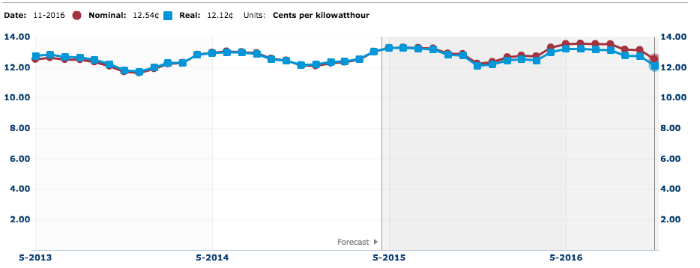Fixed or Variable Rates: Which is right for you?

Fixed or variable electricity rates: which price is right for you?
Interested in switching suppliers? Want to get the best deal for your energy but aren't sure which type of price is best for you? Look no further. Here we explain the differences between fixed and variable prices, break down the pros and cons of each type of price, and give you our recommendation of which price to choose.
